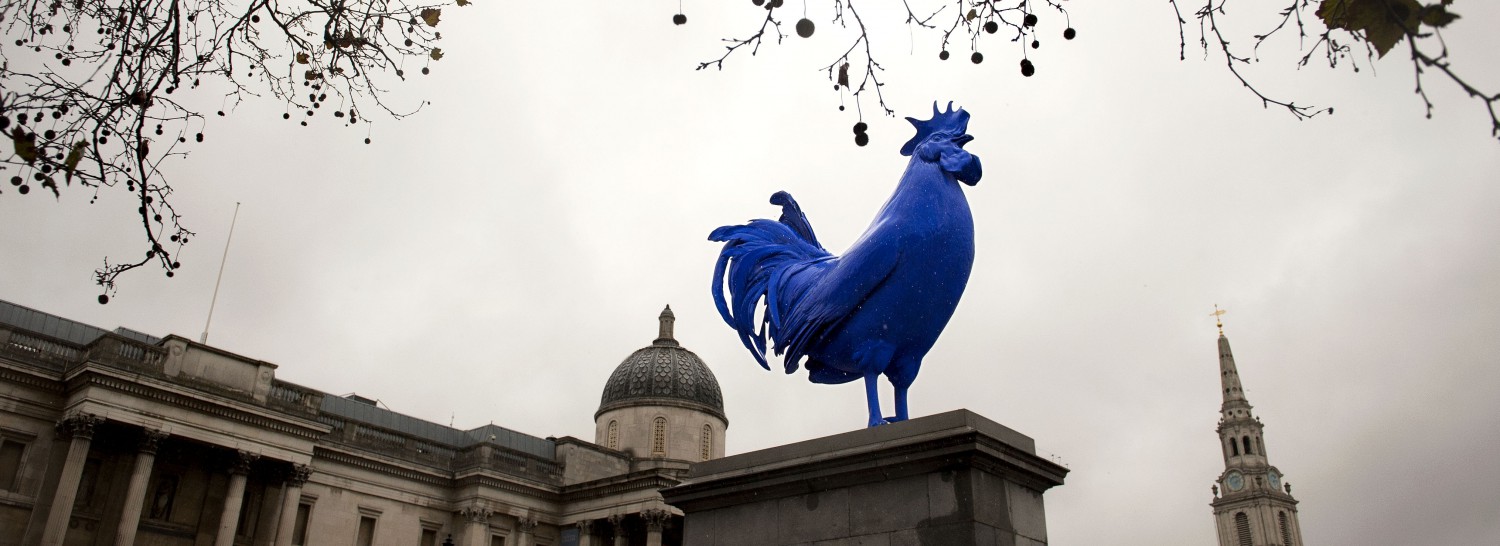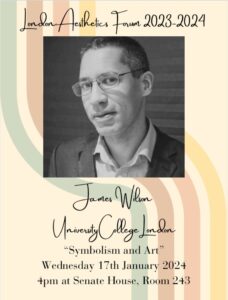Wednesday, 17 January 2024, 16:00-18:00
Senate House, Room 243
.
The meaning of an artwork or poem goes beyond what is presented literally or on its surface. While this claim may be denied either for individual works, or by some theorists even for all works, the idea that artworks have latent levels of meaning to be excavated is a presupposition of many critical approaches, and also of many artists’ own expectations about interpretations of their work. Thus, a still life may serve as a comment on the transitoriness of life; a painting of an abandoned railway line may be about the Holocaust.
The Romantics first popularised the idea that symbols provide a way of mediating between surface features of a work and a deeper revelation, which must remain partially concealed. As Schlegel put it, “Poetry … is nothing other than a perpetual symbolizing: either we seek an outer shell for something spiritual, or else we relate something external to an invisible inner reality”. Often such claims are poetically evocative, but unclear, as Goethe’s claim that symbols represent “the universal, not as a dream or shadow, but as a living and momentary revelation of the inscrutable”.
This paper draws on works by Gadamer, Ricoeur and Charles Taylor, who have each, in slightly different ways, attempted to translate the Romantic conception of symbols into something more philosophically tractable. As philosophically reconstructed, symbols are a subset of signs. Something functions as a symbol only if it serves a double life: both the thing it literally is and as a way of bringing to presence a further thing that cannot adequately be expressed in literal terms. While symbols so considered have been much debated within the hermeneutic tradition, they have received little attention within analytic aesthetics. This paper examines the case for the usefulness of the hermeneutic tradition’s concept of the symbol — both for making sense of the work of artists who work within a Romantic or post-Romantic framework, and those who do not.
.
.
Following NHS guidance, all attendees are strongly encouraged to be vaccinated (including boosters) against Covid-19, unless medically exempt. Our group is diverse; please continue to be considerate of those who wear face coverings and those who don’t. Thank you.

